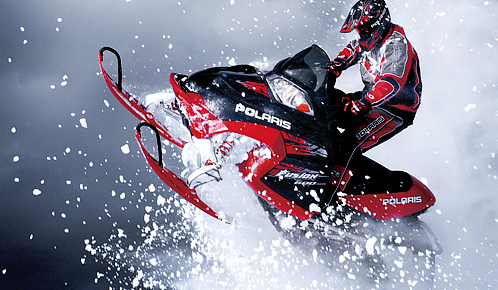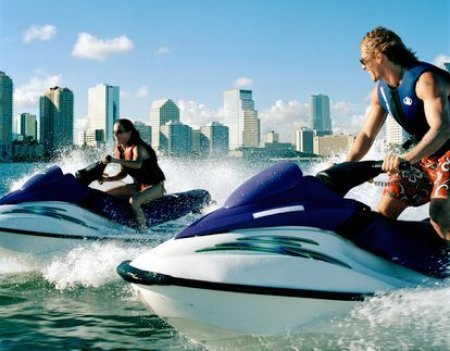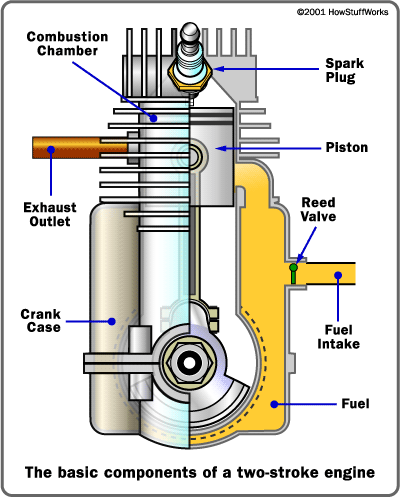Yamaha Develops New Synthetic Oil

In their continued efforts to provide their customers with the highest quality vehicles, engines, parts, components, and fluids, Yamaha recently developed a new line of synthetic oil. The new Yamalube oil is a full synthetic designed for high performance in snowmobiles. The 0W-40 oil features high grade lubricants and provides unrivaled lubricity, helping the engine to function at peak performance. The new oil bonds with metal engine components to create a shield against wear and also resist thermal breakdown under high heat conditions in snowmobiles. This new Yamalube oil is just one of many innovations from Yamaha, a company known for bold new thinking.
The Yamaha Parts and Accessories Group, where the new Yamalube oil was developed, worked closely with the Yamaha Factory Snocross Team to develop the new synthetic oil. Sub-zero temperatures combined with professional snowmobilers make for extreme engine conditions, and the Yamaha Factory Snocross Team only uses Yamalube oil in their snowmobiles.










